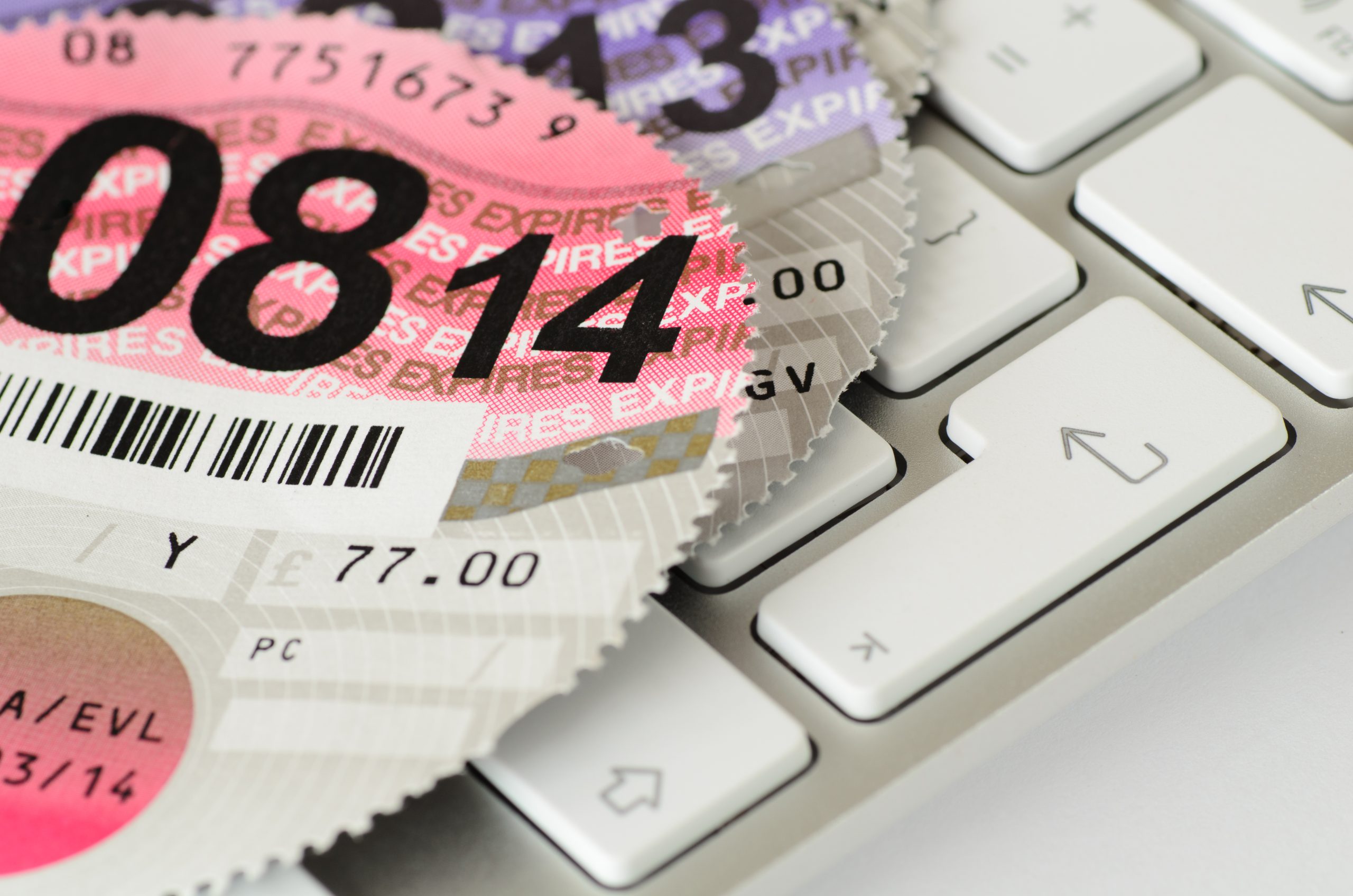Company car benefit-in-kind tax for all new cars registered from April 6 will be based on CO2 emissions figures calculated under the newly introduced Worldwide harmonised Light vehicles Test procedure (WLTP) – cars registered prior to April 6 will continue to use CO2 figures based on the previous New European Driving Cycle (NEDC) emissions testing protocol.
Additionally, for newly registered cars from April 1, Vehicle Excise Duty rates will also be based on WLTP CO2-achieved emission figures. Cars registered prior to that date will continue to use existing NEDC CO2 values.
Since September 2018 all new cars have had to be tested under WLTP rules – for all new car models requiring a new type approval number from September 2017. However, the British Vehicle Rental and Leasing Association (BVRLA) has warned that a “continued shortage of reliable data” threatened to disrupt the move to new company car benefit-in-kind tax and Vehicle Excise Duty regimes.
The BVRLA said “many vehicle manufacturers” were struggling to provide WLTP data for their cars. The Association claimed that member organisations currently only had accurate CO2, electric mileage range or RDE2 compliance (latest NOx emissions standard) information for around 80% of base (pre-option) models.
BVRLA chief executive Gerry Keaney said: “The introduction of WLTP-based motoring taxes is adding yet another layer of complexity and confusion to a fleet sector that is already having to cope with a deluge of new automotive technology and local authority air quality measures.
“The BVRLA and its members are working with motor manufacturers and third-party data providers to bridge this gap, but in the meantime, we would recommend customers consult with their lease providers to assess the impact on their fleet policies and procurement.”